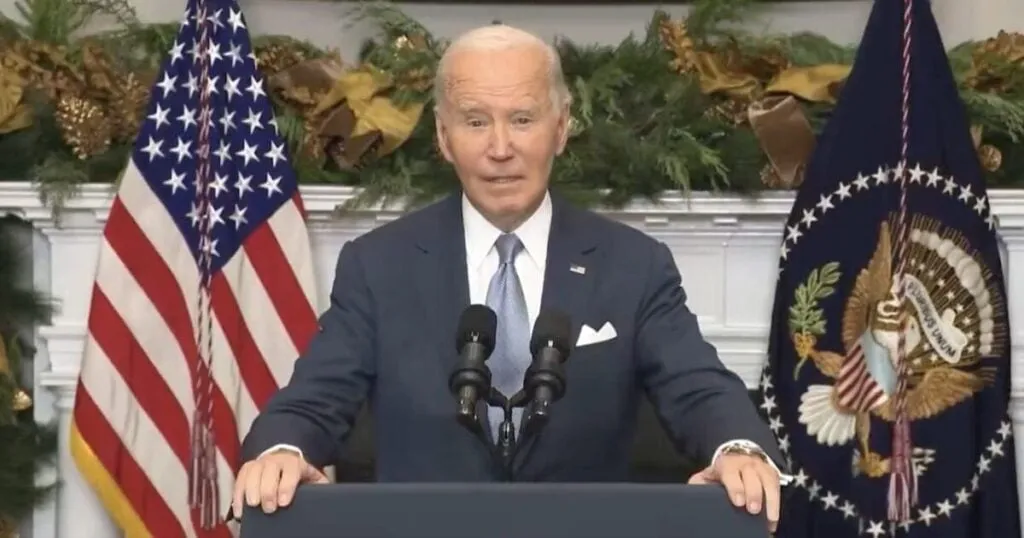Biden’s Controversial Pardon: What It Means for Hunter and the Nation
In an unprecedented move that has sent shockwaves through the political landscape, President Joe Biden has issued a comprehensive presidential pardon for his son, Hunter Biden, marking a pivotal moment in modern American political history. The decision, announced on December 1, 2024, has ignited a firestorm of debate about presidential power, family loyalty, and the boundaries of executive clemency.
The Legal Background
Hunter Biden’s legal troubles had been a long-standing source of political tension. He faced serious federal charges, including felony gun possession and tax evasion, which could have potentially resulted in substantial prison time. The pardon effectively nullifies these charges, covering a broad period from January 1, 2014, to December 1, 2024.
Key Details of the Pardon
The presidential pardon is notably expansive, encompassing:
- Federal gun possession conviction
- Tax-related criminal charges
- Potential undisclosed federal offenses within the specified timeframe
Presidential Justification
In a carefully worded statement, President Biden claimed that his son was “singled out” and subjected to a “miscarriage of justice“. He argued that the charges were fundamentally politically motivated, suggesting a deeper narrative of targeted prosecution.
Political Implications
The pardon has immediately drawn sharp criticism from political opponents, most notably former President Donald Trump, who labeled the action an “abuse of presidential power“. The move has raised significant questions about:
- The integrity of the justice system
- Presidential ethical boundaries
- Family influence in high-level political circles
Historical Context
Presidential pardons for family members are not without precedent. However, Biden’s decision stands out for its timing, comprehensiveness, and the intense political polarization surrounding the case.
Comparative Analysis
Some legal experts have drawn parallels to historical pardons, such as Gerald Ford’s controversial pardon of Richard Nixon. These comparisons highlight the complex nature of executive clemency and its potential political ramifications.
Public and Political Reaction
The pardon has dramatically split public opinion. Supporters view it as an act of familial protection, while critics see it as a dangerous precedent that undermines the rule of law.
Key Perspectives
- Supporters: Argue the charges were politically motivated
- Critics: Claim it demonstrates a breakdown of judicial accountability
- Legal Experts: Debate the long-term implications for presidential pardoning power
Broader National Implications
Beyond the immediate legal consequences, the pardon raises profound questions about:
- The future of presidential clemency
- Political accountability
- The intersection of family loyalty and public responsibility
Looking Forward
As the dust settles on this controversial decision, one thing remains clear: President Biden’s pardon of Hunter Biden will be a significant chapter in his presidential legacy, potentially reshaping discussions about executive power and judicial discretion for years to come.
Final Thoughts
While the full impact of this pardon remains to be seen, it represents a complex moment in American political and legal history—a testament to the ongoing tension between personal loyalty and public accountability.
Disclaimer: This article represents an objective analysis of the current situation and does not endorse any particular political stance.
Note: This article is based on contemporaneous reporting and official statements as of December 1, 2024.






Leave a Comment